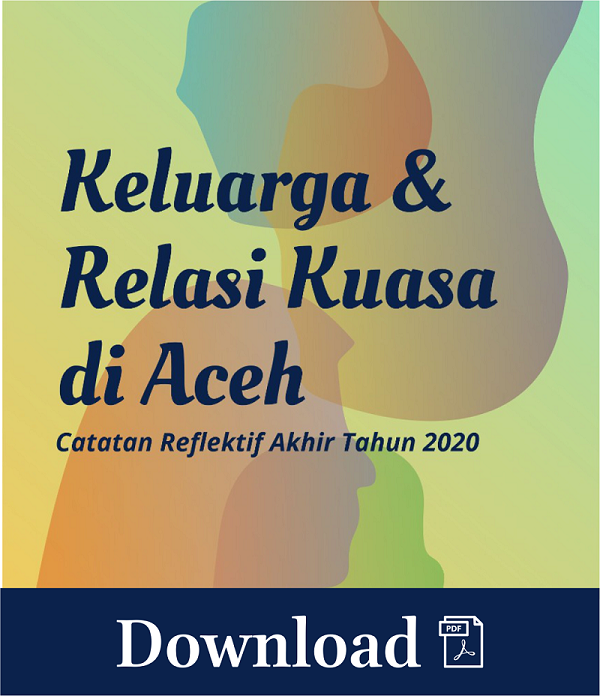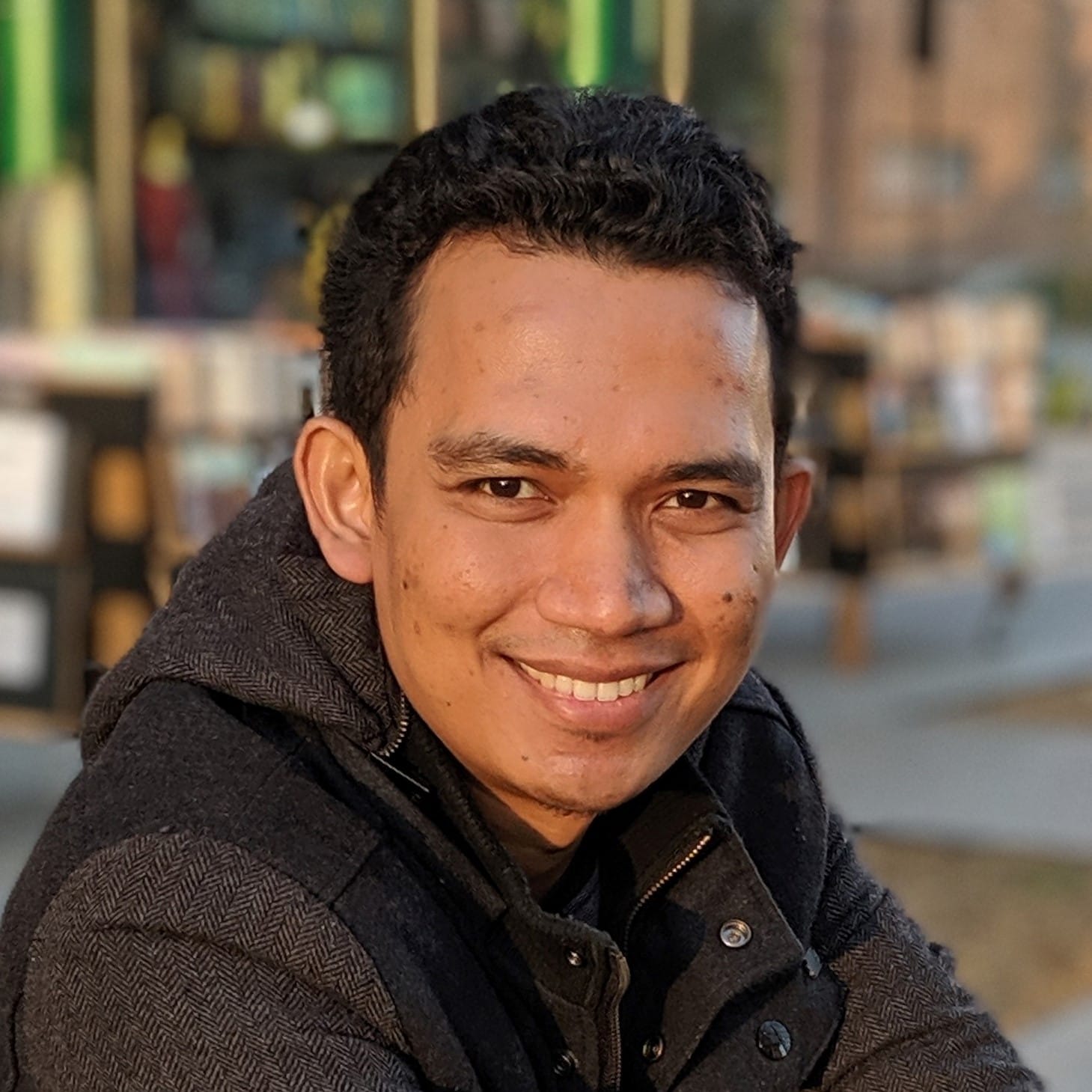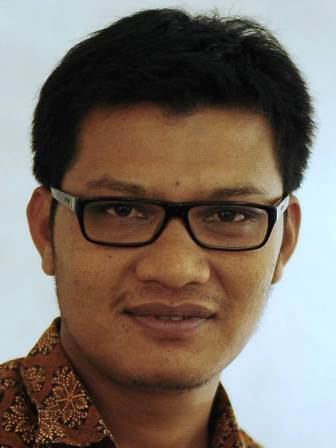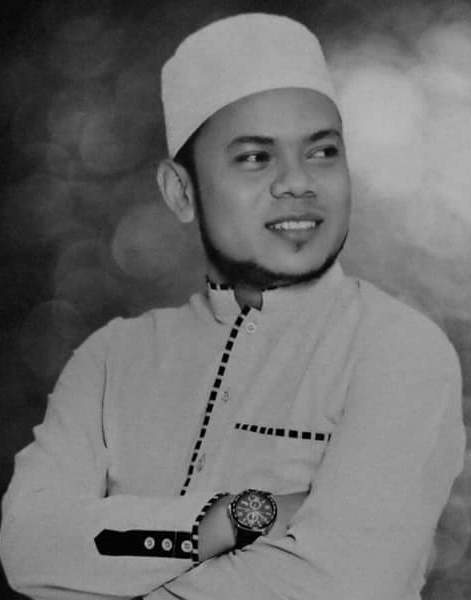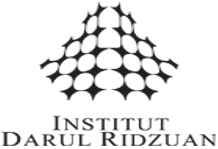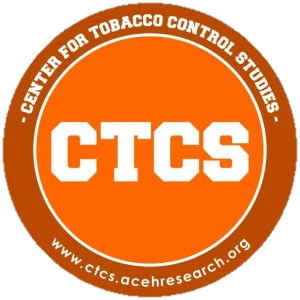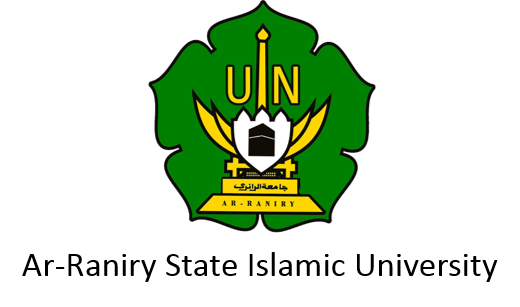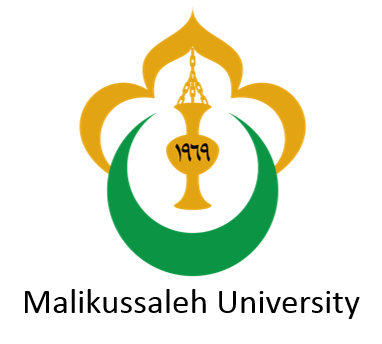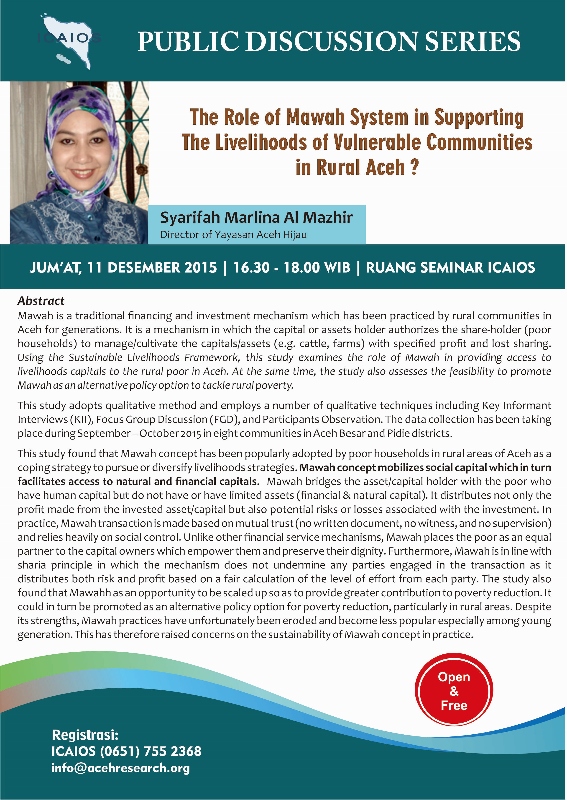
Public Discussion Series
The Role of Mawah System in Supporting The Livelihoods of Vulnerable Communities in Rural Aceh?
Bersama Syarifah Marlina Al Mazhir
Director of Yayasan Aceh Hijau
Jumat, 11 Desember 2015 | 16.30 – 18.00 | Ruang Seminar ICAIOS
Registration: ICAIOS (0651) 755 2368 | info@acehresearch.org
OPEN & FREE
Abstract
Mawah is traditional financing and investment mechanisme which has been practiced by rural communities in Aceh for generations. It is mechanism in which the capital or assets holder authorizes the share-holder (poor household) to manage/cultivate the capitals/assets (e.g. cattle, farm) with specified profit and lost sharing. Using the Sustainable Livelihoods Frameworks, this study examines the role of Mawah in providing access to livelihoods capitals to the rural poor in Aceh. At the same time, the study also assesses the feasibility to promote Mawah as an alternative option to tackle rural poverty.
This study adopts qualitative method and employs a number of qualitative techniques including Key Informant Interview (KII), Focus Group Discussion (FGD), and Participant s Observation. The data collection has been taking place during September-October 2015 in eight communities in Aceh Besar and Pidie district.
This study found that Mawah concept has been popularly adopted by poor household in rural areas of Aceh as a coping strategy to pursue of diversify livelihoods strategies. Mawah concept mobilizes social capital which in turn facilitates access to natural and financial capitals. Mawah bridges the assest/capital holder with the poor who have human capital but do not have or have limited access (financial & natural capital). It distributes not only the profit made from the invested asset/capital but also potential risks or losses associated with investment. In practice, Mawah transaction is made based on mutual trust (no written document, no witness, and no supervision) and relies heavily on social control. Unlike other financial service mechanisms, Mawah places the poor as an equal partner to the capital owners which empower them and preserve their dignity. Furthermore, Mawah is in line with sharia principle in which the mechanism does not undermine any parties engaged in the transaction as it distributes both risk and profit based on fair calculation of the level of effort from each party. The study also found that Mawah as an opportunity to be scaled up so as to provide greater contribution to poverty reduction. It could in turn be promoted as an alternative policy option for poverty reduction, particularly in rural areas. Despite its strengths, Mawah practices have unfortunately been eroded and become less popular especially among young generation. This has therefor raised concern on the sustainability of Mawah concept in practice.


